The Law on Teachers consists of 9 chapters and 42 articles, taking effect from January 1, 2026. According to the Ministry of Education and Training , this is an important milestone affirming the major policy of the Party and State in honoring, caring for, protecting and developing the teaching staff - the key force in the education cause.
Affirming position, protecting honor and reputation of teaching profession
The Law on Teachers establishes a full legal status for teachers in both public and non-public educational institutions. For the first time, non-public teachers are recognized as specialized practitioners with similar professional standards, rights and obligations, not just contract workers as before.
The law clearly stipulates the right to respect and protection of honor and dignity and a strict mechanism for handling acts that insult teachers, including prohibiting individuals and organizations from spreading information that accuses teachers without an official conclusion from the authorities. This is an important highlight to protect teachers from unreasonable social pressure and maintain a safe and civilized pedagogical environment.
Teachers' salaries are ranked highest.
This is an important basis for the Government to have regulations related to teachers' salaries to ensure the policy of "ranking the highest". In the Draft Decree regulating salary policies, allowances, support and attraction regimes for teachers in the draft Law on Teachers, the Ministry of Education and Training plans to advise the Government to rearrange the salary tables of a number of teacher positions (such as preschool teachers, general education teachers, university preparatory teachers, vocational education teachers of grade IV, etc.) to ensure consistency in the salary tables applied to professional positions of teachers and civil servants and other sectors and fields; at the same time, ensuring the living standards of teachers, helping teachers feel secure in their work and contribute to the cause of education.
In addition, according to the provisions of the Law, teachers are also entitled to additional special allowances, responsibilities, incentives, subsidies for disadvantaged areas, subsidies for inclusive education, seniority, mobility, etc., contributing to increasing comprehensive income.
Policy to protect, support and attract high quality human resources
The Law on Teachers expands and consolidates the support policy system, emphasizing: Support for public housing or rent for teachers in extremely difficult areas; Periodic health benefits, training and professional development for all teachers, regardless of public or non-public; Priority in recruitment, transfer and reception for teachers working in remote, border and island areas; Attracting highly qualified people with good vocational skills to participate in teaching, especially in strategic areas such as science, technology, digital transformation and vocational education.
Preschool teachers who wish to retire early can retire up to 5 years without a reduction in pension (if they have paid social insurance for 15 years). Meanwhile, professors, associate professors, doctors or teachers working in specialized fields can retire at an older age to retain talent.
Standardize and develop staff - improve education quality
The Law merges two systems of standards (professional titles and professional standards) into one system of titles associated with professional capacity standards, applied uniformly to both public and non-public sectors.
This aims to create a common quality level for the entire team; Ensure fairness in access to quality education for students; Increase transparency and accessibility in assessment, selection and training of teachers.
The law also stipulates that teacher recruitment must be linked to pedagogical practice, ensuring quality input, appropriate to each grade and training level.
Professional ethics and mechanisms to protect teachers' reputation
For the first time, teachers’ ethics are codified in law with specific rules of conduct in relations with students, colleagues, students’ families and society. The law defines the responsibility of setting an example as an inseparable part of the professional activities of teachers – demonstrated through exemplary conduct, integrity, and dedication in teaching and social behavior.
Notably, the Law stipulates a mechanism to protect teachers from acts of violating their honor, dignity, and reputation, especially prohibiting the dissemination of false information on social networks without an official conclusion. These acts will be handled according to the provisions of the law.
In addition to the right to protection, teachers also have the responsibility to maintain professional ethics. Strictly handling violations contributes to raising the status of teachers, while maintaining pedagogical standards in the educational environment.
Delegate initiative to the education sector
The Law on Teachers gives the education sector the initiative in recruiting and using teachers. In particular, it unifies the authority to give the education sector the initiative in recruiting teachers, and decentralizes the recruitment authority to the heads of public universities and vocational training institutions to be autonomous in recruiting teachers.
The Law assigns authority to the Minister of Education and Training to regulate the authority to recruit teachers in preschool, general education, and continuing education institutions.
Delegating authority to the education sector in recruiting and using teachers is an important adjustment step to remove "bottlenecks" in policies for teachers, especially solving the problem of surplus and shortage of staff; proactively coordinating and planning short-term, medium-term and long-term staff development plans in the future.
The Law also stipulates that the Ministry of Education and Training is the agency in charge of coordinating with ministries, ministerial-level agencies, and provincial People's Committees to develop strategies, projects, and development plans, and the total number of teachers under its management authority to submit to competent authorities for decision; Coordinate with ministries, ministerial-level agencies, and provincial People's Committees to propose to competent authorities to approve the number of teachers in public educational institutions.
Immediately after being approved by the National Assembly, the Ministry of Education and Training urgently developed 2 Decrees and nearly 20 Circulars guiding the implementation to be issued simultaneously with the Law taking effect on January 1, 2026. This system of documents will specify the policies of the law, ensuring consistency, feasibility and effectiveness when put into practice.
Source: https://baophapluat.vn/6-noi-dung-quan-trong-trong-luat-nha-giao-post551880.html




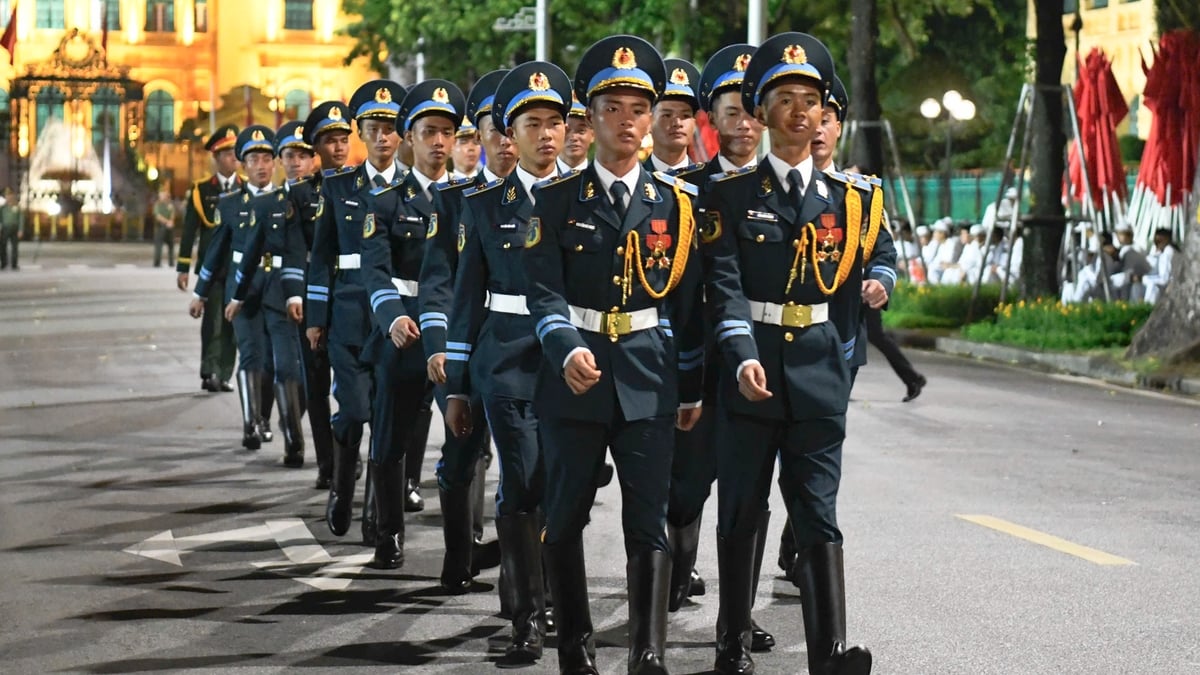



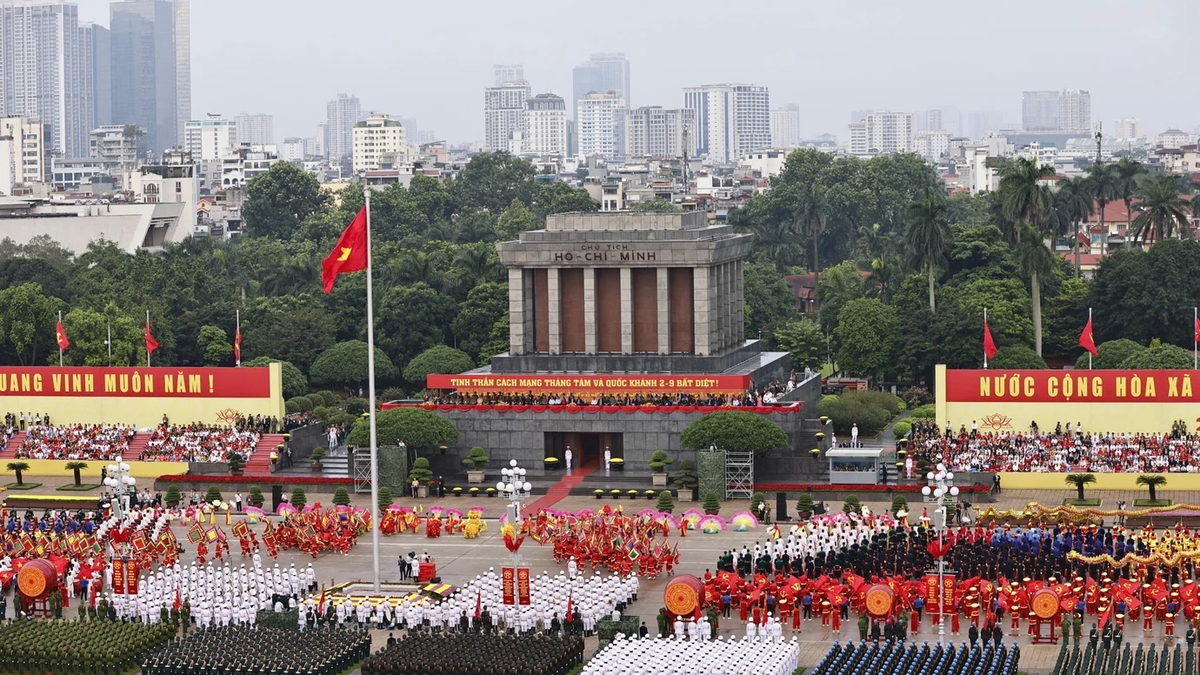










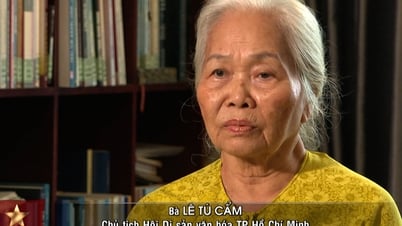



![[Infographic] Things to note when going to see the National Day Celebration, Parade, and March on September 2](https://vphoto.vietnam.vn/thumb/402x226/vietnam/resource/IMAGE/2025/8/30/c1410b9e0e264455bc725895c58455d2)












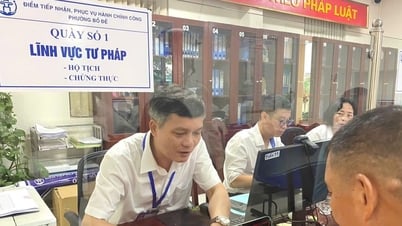












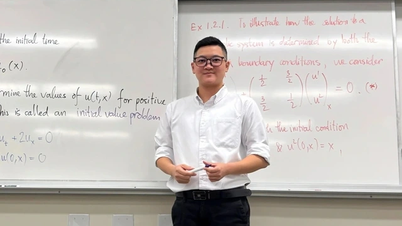
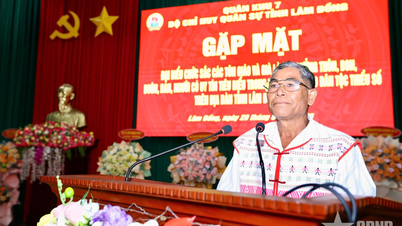




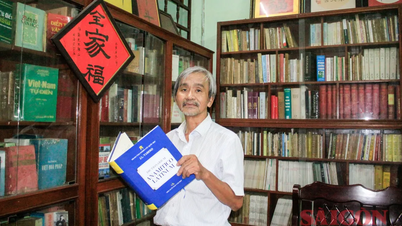










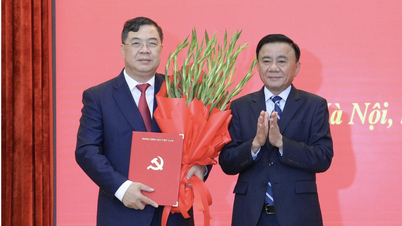
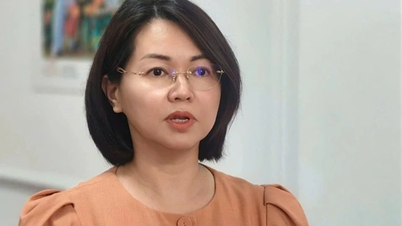


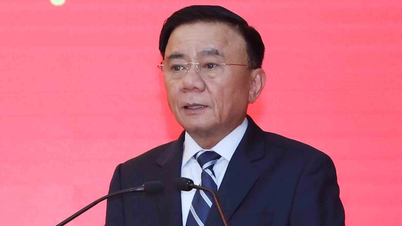

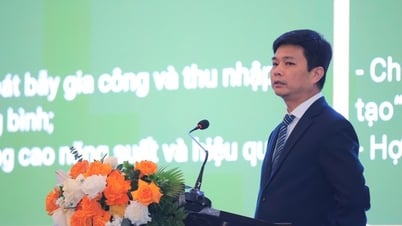




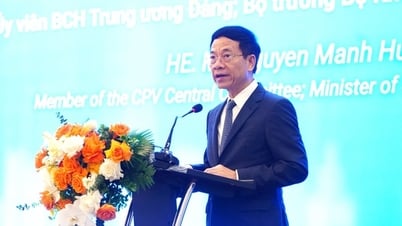




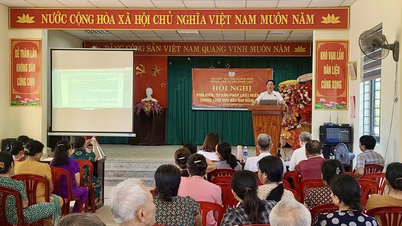


















Comment (0)